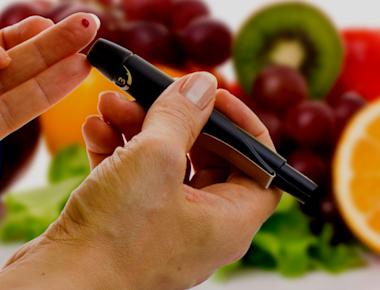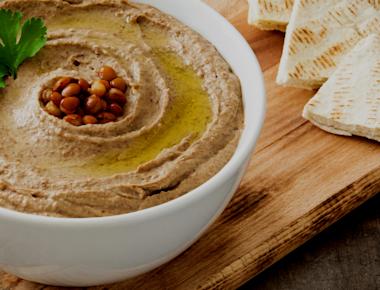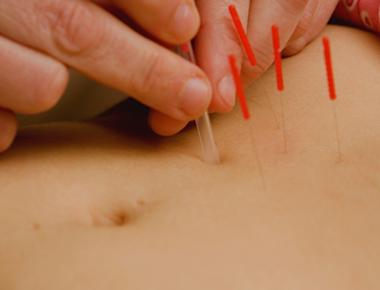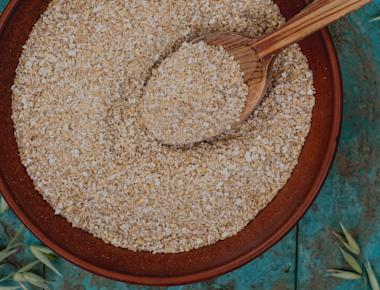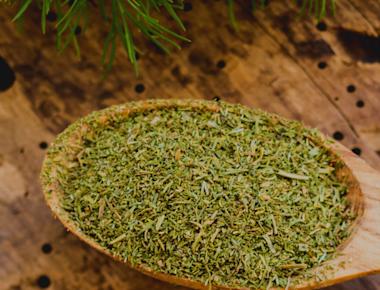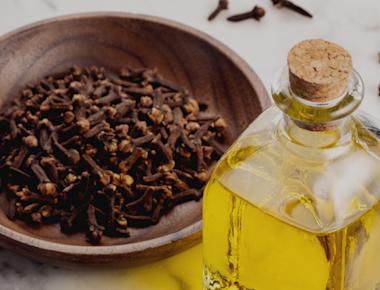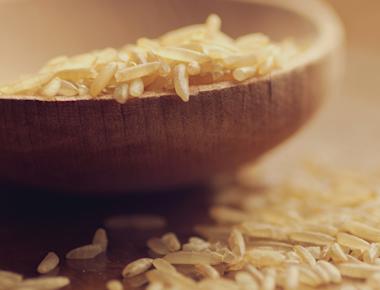

Table Of Contents
The Effects of Diabetes as a Long-Term Illness
Diabetes is a long-term illness that is becoming more common, in fact it’s the fastest growing chronic disease worldwide. According to the Centers for Disease Control and Prevention (CDC), 9.3% of the U.S. population has diabetes. By 2035, we expect that number to increase to 592 million people worldwide.
Diabetes can lead to serious health problems such as heart disease, so it is important for diabetics to eat a healthy diet, exercise regularly, and follow other behavioral approaches to manage their condition better.
Can Soluble Fiber Help Patients with Type 2 Diabetes Improve Their Glycemic Control and Body Weight?
Interestingly, researchers have found that eating dietary fiber can help prevent type 2 diabetes and heart disease. Researchers emphasized that daily consumption of more than 26 grams decreases the risk of developing type 2 diabetes by 18% compared to those with the lowest intake.
A recent study found that people who increased their fiber intake lost more weight and felt more satisfied after meals than those who did not. Soluble fiber dissolves in water and forms a gel-like material that slows down the absorption of carbohydrates into the bloodstream. They digest slowly, which means you will feel full for longer after eating them.
All these characteristics of soluble fiber can help improve glycemic control and body weight in patients with type 2 diabetes. Soluble fiber can be found in psyllium, oats, peas, beans, apples, citrus fruits, carrots, and barley. Additionally, consuming high glycemic index foods (foods that raise blood sugar levels quickly) has been linked with insulin resistance and increased occurrence of metabolic syndrome in patients with type 2 diabetes.
This study aimed to investigate the beneficial effects of including soluble fiber from psyllium to the regular diet for eight weeks of intervention among diabetes type 2 patients.
The Study on the Consumption of Soluble Fiber for Type 2 Diabetes and Heart Disease
36 patients with type 2 diabetes for a maximum of one year, non-smokers, aged over 35 years completed the survey. They were stratified according to sex, age, body mass index (BMI), and fasting blood sugar level (FBS) and randomly assigned into two groups. The intervention group of 18 participants was on 10.5 grams (g) of soluble fiber daily, while the control group of the same number continued on their regular diet for eight weeks duration.
Soluble fiber was given to the intervention group, whereas the control group stayed regular. The intervention protocol was designed to provide: - 7 g of psyllium to the people in the intervention group 15 minutes (min) before lunch
- And 3.5 g of psyllium 15 min before dinner, with 150 milliliters (ml) of water each time
The respondents were instructed to first drink dissolved fiber in 100 ml of water, then drink additional 50 ml of water. To ensure compliance, the participants were contacted by phone three times a week and were instructed to fill out compliance checklists to record the daily consumption of soluble fiber doses.
Anthropometric measurements and biochemical indicators were taken at the baseline and the end of the trial.
The Results
After eight weeks of intervention, soluble fiber supplementation showed a significant reduction in the intervention group of their: - Weight
- Body mass index - And circumferences of waist and hip when compared with the control group



Moreover, water-soluble fiber supplementation significantly improves: - Fasting blood sugar
- Glycated hemoglobin - Insulin levels
- C-peptide - Homeostatic model assessments of insulin resistance
- And beta-cell function






The Conclusion
It seems that soluble fiber from psyllium is a potential natural dietary supplement for use in the nutritional rehabilitation of type 2 diabetic patients, as it is inexpensive and shows positive results within a short period.
Reference
Health Enthusiast
Expertise
Subscribe to our newsletter!
Quick Links
Legal Stuff



